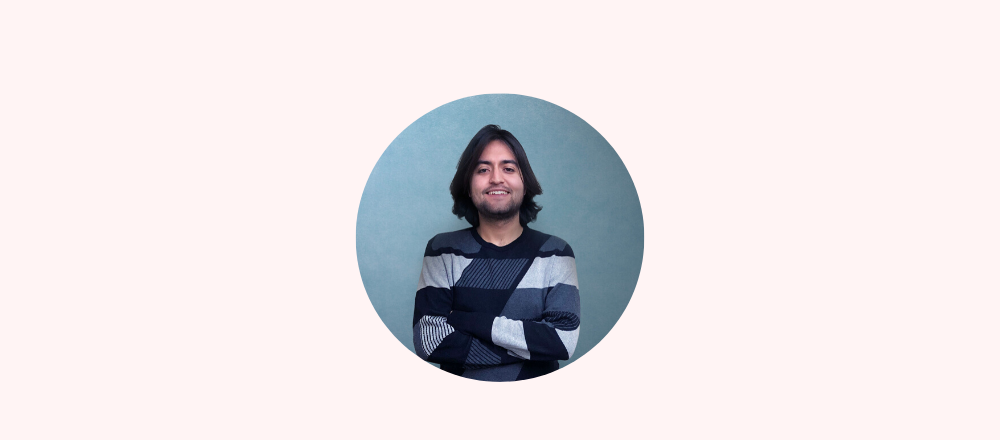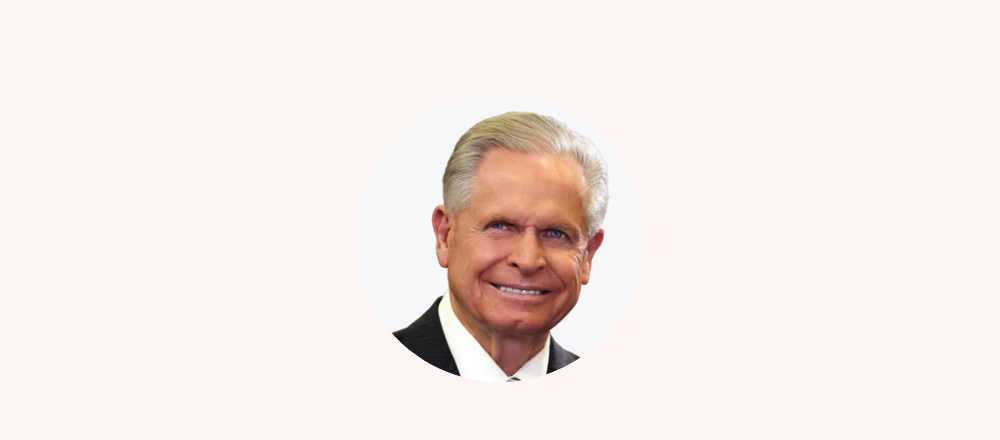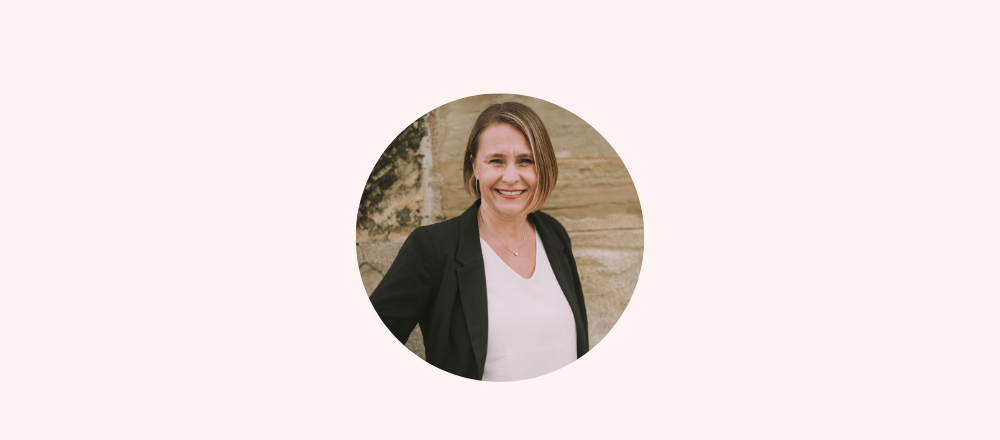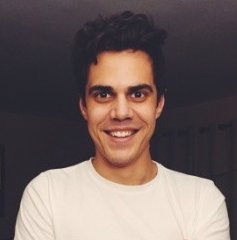In 2014, Chris Cochran co-founded FreightWise, a SaaS company whose product tightly integrates with a client’s existing infrastructure to reduce time, money, and resources spent on logistics and transportation.
Since launching to market in 2016, FreightWise has grown its annual revenue from zero to $33 million in just three years, and the Nashville-based startup was named America’s second-fastest-growing private company on the 2019 Inc. 500 List.
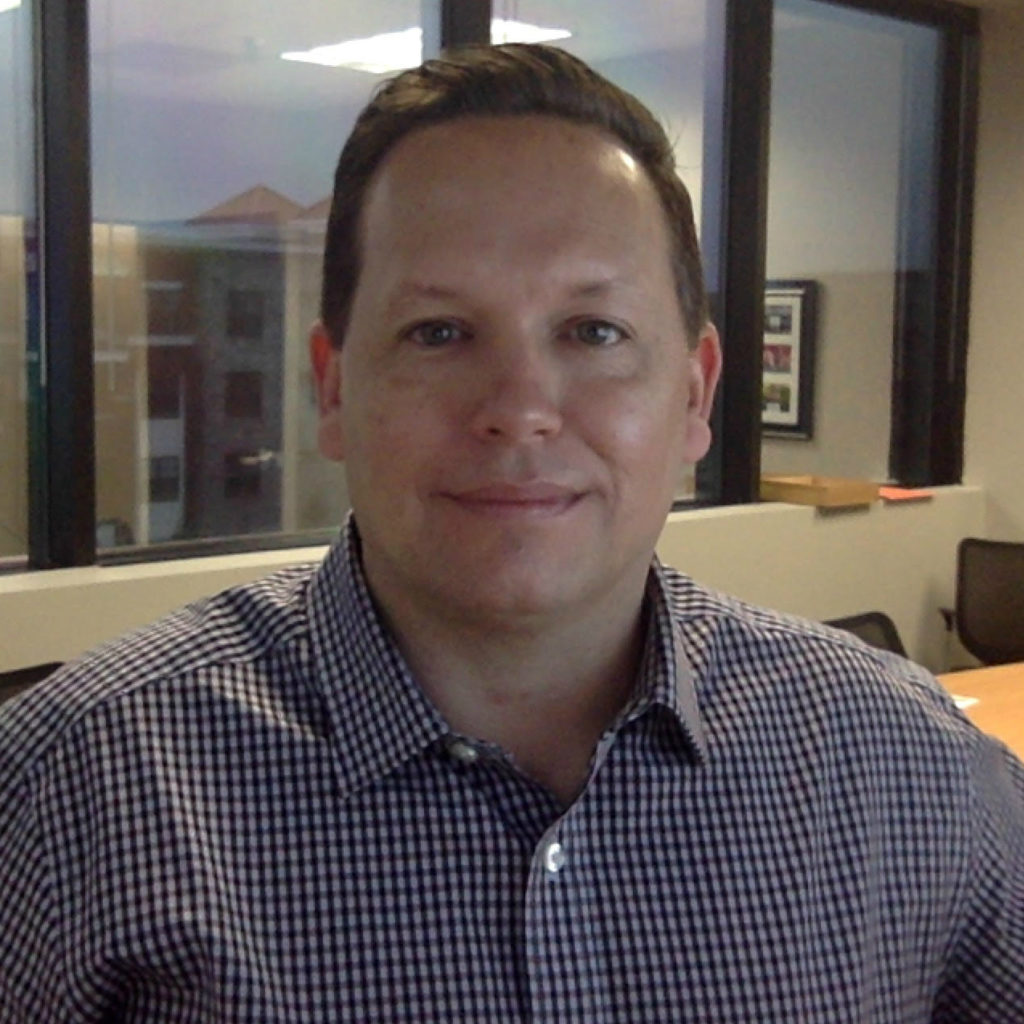
Q: What would you like to see your team accomplish in 2019?
I would like to see our team maintain our high growth environment while not sacrificing customer service or the quality of the products and services that we provide to our clients.
Q: Who is your role model or hero?
One role model that I look up to is Bill Belichick. I’m an avid NFL fan, and the thing I like about Bill is that no matter the talent and the team that he has around him, he finds a way to make them work together for a common goal of excellence, and we’ve seen his continued and consistent success from that approach.
Q: What is your favorite book?
That would have to be “Atlas Shrugged” by Ayn Rand. I believe it has an important message because it shows how the profit motive in business helps the entire economy and all people no matter where you are on the socio-economic scale. To me, that shows the importance of business and its role in the world: to promote and better the quality of life that humans are living.
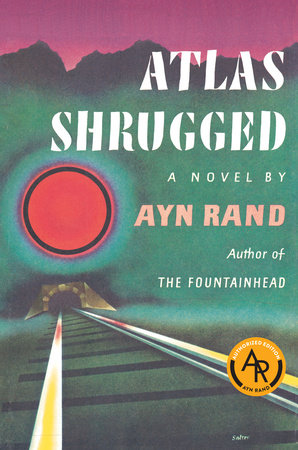
Q: Do you use any specific method or system to run daily operations?
We use quite a few systems here; the most important of which is our own in-house FreightWise platform. It’s a heavily customized system that’s primarily based on excellence within freight pay and audit. We use it to the nth degree, and it helps us to polish our operations by tracking every area of the business from both a micro and macro perspective.
Q: Why did you choose your present industry at this time?
The combination of freight and technology is exciting because freight has always been a bit behind the times. Most people think of freight as docks, drivers and trucks, but what we’re seeing now is that it’s significantly more than that. There are a lot more things that can be done around freight to drive value for both shippers and consumers. What’s interesting about it is that we are in the very early stages of a lot of innovation, and I can’t wait to see how that drives prices down and makes things more efficient and economical in the future.
Q: What is the best/worst moment you can remember in your career?
My best was when I was in sales – the first time in my career when I truly understood how a large company buys based on ROI, and how things get viewed and approved at the executive level. I can still recall the first deal where it snapped with me. It was no longer about features and functions; it was about people, scalable processes, money, and all the things that make a business better. Once I saw that I don’t think I ever looked back. It’s still relevant today, even though that happened 15 years ago. It’s how people think, it’s how people want to progress businesses, and how people want to buy and change processes. That mentality is ingrained in the way that we sell today at FreightWise and in the way that we talk to our clients.
The worst moment that I can remember in my career was when, as a younger, less experienced CEO, I set people up to fail by not aligning their job duties to the skills they had or to the team that supported them. Ultimately, their failure was my failure, and I saw how that impacted a person, their situation, and their life. That was a strong lesson for me because it was such a tough moment, and it’s one that I reflect on often.
Q: Looking back – if you could advise a younger version of yourself to do something different – what would it be?
Take more risks. Believe in yourself. Don’t be afraid to create more things. Ask harder questions. Push farther. There were times when I played things very conservatively because I thought that was ultimately the best thing for the health of my career, my financial health, or my family’s financial security. I look back now, though, and know that I could have pressed farther and harder, that I could have taken more calculated risks that would have moved me to different levels, and that I delayed my growth for many years.
